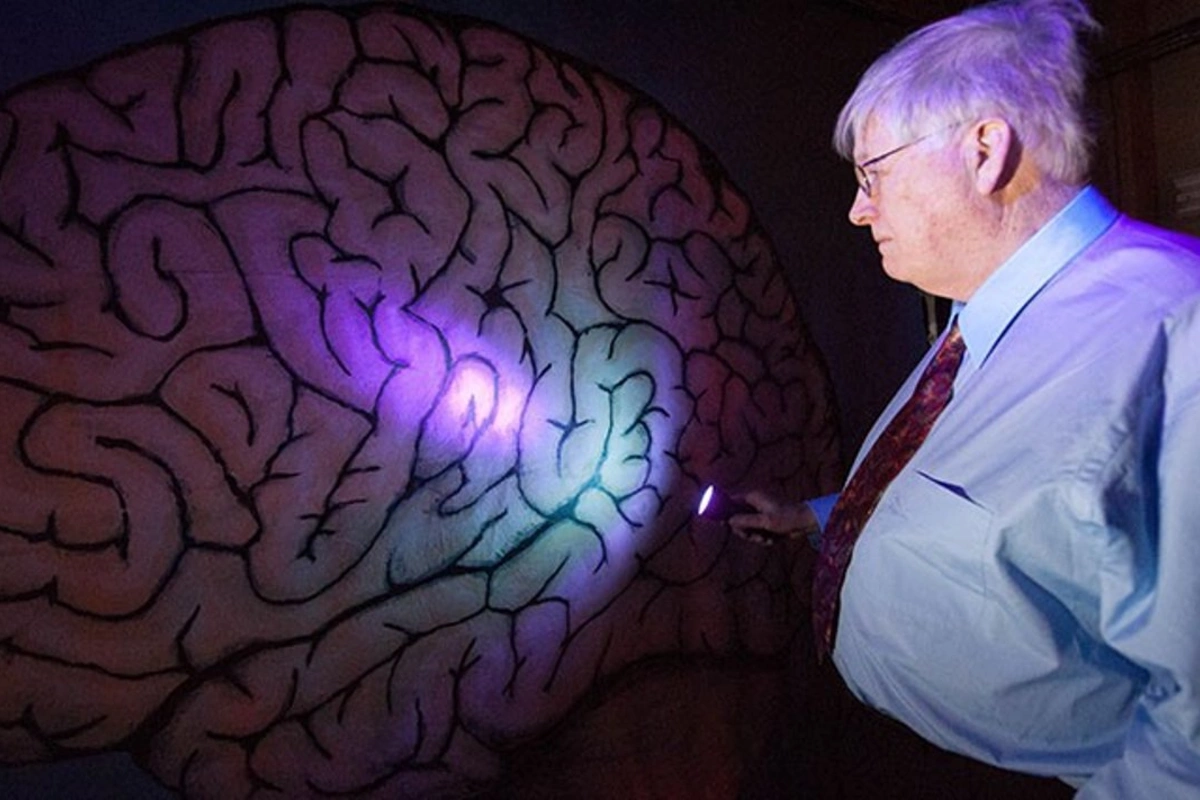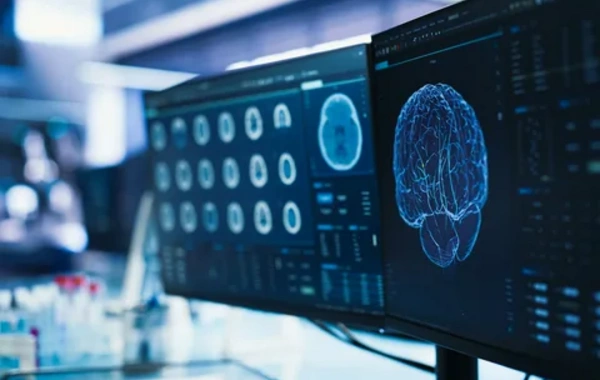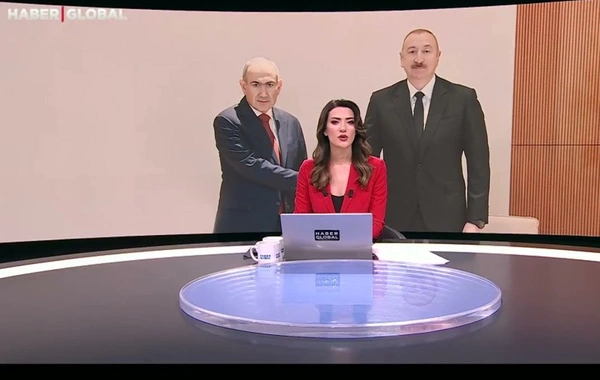What happens to the brain after death: shocking facts you didn't know

When the heart stops, we are used to thinking that's it - the person is gone. But in reality, the death of the body is not a moment, but a process. Especially when it comes to the brain.
After the cessation of heartbeat and breathing, a chain of amazing and even frightening events begins, which continues for minutes, and sometimes hours.
Immediately after death, the brain doesn't shut down like a computer. It enters emergency mode. Scientists have recorded that within 30 seconds after cardiac arrest, a powerful burst of electrical activity is observed in the brain. This resembles a final surge, similar to a waking state - as if the brain momentarily becomes hyperactive, possibly during this time a person experiences "life flashing before their eyes" or a feeling of separation from the body.
An even more striking fact - the brain can maintain signs of activity up to 10 minutes after clinical death. In one Canadian study, slow brain waves were observed in a patient 10 minutes after cardiac arrest. In other patients, activity disappeared quickly, but this case puzzled the entire scientific world.
After death, the gradual destruction of neurons begins, but this process is not instantaneous. Under the right conditions (for example, low temperature), individual brain cells can remain alive for several hours. Scientists have even tried to restore the activity of a dead pig brain by connecting it to an artificial circulatory system - and they managed to partially restore metabolic processes. This was 4 hours after the animal's death.
It is these studies that raise the question: where is the boundary between life and death? If the brain is still capable of responding, albeit at a basic level, does this mean it is alive?
Neurologists also suggest that consciousness may persist for several seconds or minutes after death, especially if death occurred suddenly. In such moments, people who have experienced clinical death often describe the same phenomena: light at the end of a tunnel, a feeling of peace, conversations with deceased relatives. There is no scientific explanation for these phenomena yet, but the coincidences are striking.
And, finally, one of the most eerie and controversial facts: in some rare cases, bodies "sighed" or "made sounds" some time after death, due to remaining air in the lungs and muscle contractions. This has nothing to do with consciousness, but makes a shocking impression on witnesses.
The brain is the last to give up. And, possibly, it dies not when the heart stops, but later. This fact causes scientists to reconsider the very definition of death. And us - to rethink what it means to be alive.
Similar News
# Three Main Causes of All Cancer Cases Identified
Almost four out of ten cases of cancer on the planet are not a verdict of fate or a genetic lottery, but the result of exposure to factors that humanity has the...




 Azərbaycanca
Azərbaycanca  По-русски
По-русски  English
English 






